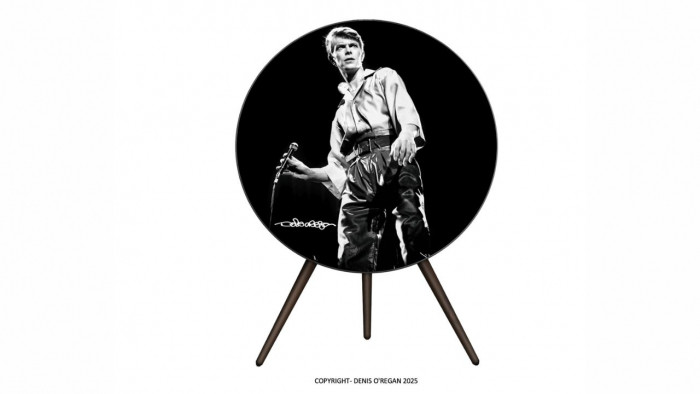The most outrageous banned apps from the App Store
The most outrageous banned apps from the App Store


Around 1,000 apps are submitted for the Apple App Store every day.
That's 1,000 complex programs that have to be checked for breaches of policy, explicit content or potential corruptions and security flaws - every day.
It's understandable then, that every once in a while an offensive offering might slip through the next of checks. Take Survival Island 3: Australia Story 3D, banned this week due to some entirely unwholesome violence against Australia's indigenous population.
From stupid smut to sinister games, here are some apps you'll never get to play.

Survival Island 3 – Australia Story 3D
The goal of Survival Island 3: Australia Story 3D was "to survive" - something it roundly failed to achieve.
The creation of NIL Entertainment, the mobile game set players in the midst of the barren Australian outback.
In addition to hunting wildlife and harvesting plants, you were actively rewarded with killing Indigenous Australians - a woeful game element that saw a petition launched to have the title banned. Apple's App Store and Google's Play Store duly responded with removing the title after a month of downloads.

Gym Babes
When smartphones were still in their youth, Apple's App Stores was a comparatively lawless world in which all manner of smut crept past launch reviews.
Take 2009's Gym Babes - an app scant on both features and clothing.
The soft-core offering allowed users to watch a variety of women (the "Babes) in low cut tops run on treadmills and use exercise equipment - often in slow motion.
The app was eventually pulled in 2010 when Apple removed several thousand apps for subtle breaches of its sexual content guidelines - heralding a groan from hormone-ridden teens across the world.

Me So Holy
These were the instructions for using the 'Me So Holy' app:
1. Choose your religion
2. Take a picture or choose one from your camera roll
3. Be Holy!
Simple enough - but no one got to see it in action. Apple rejected the app before it ever reached the App Store, on grounds of containing "objectionable material".
It was a decision that didn't go down well with the app's developer, Benjamin Kahle.
"We feel that Apple is being too sensitive to its perceived user group and are disappointed that this otherwise creative, freethinking company would reject such a positive and fun application," he wrote on his blog.

Baby Shaker
In early 2009, Apple's App Store policy became the focus of intense scrutiny when it somehow granted permission for the publication of the Baby Shaker app.
The aim of the disturbing 'game' saw players violently shake their iPhone until two red Xs appeared over the eyes of the infant in as short a time as possible.
Sick, twisted, irresponsible - the app soon caught the attention of child protection groups. It was taken offline after two days.

I Am Rich
Armin Heinrich (almost certainly not his real name) saw an opportunity and took it.
His app, I Am Rich, didn't claim any lofty purpose or abilities. The $999.99 lifestyle app simply presented a red diamond on the screen which when tapped would present the following (poorly spelt) mantra:
I am rich
I deserv [sic] it
I am good,
healthy &
successful
Apple pulled the app without comment - but not before eight people purchased the app and funded a nice holiday for Heinrich.

The Manhattan Declaration
For those unfamiliar with the controversial Manhattan Declaration, it was a manifesto issued by US Christian groups that claimed to affirm support of "the sanctity of life, traditional marriage, and religious liberty".
Which translates to belittling the options of homosexuals and women in the name of conservative Christianity.
An app was created to support the manifesto, asking people a series of questions ("Do you support same sex relationships?") before asking if they'd like to sign up to support the declaration.
Having initially suggested that the app contained "No objectionable material", media attention and a petition saw the app rightly pulled form the App Store.

Send Me To Heaven
While this app is still available on the Google Play Store, Apple took issue with the object of the 'game' at hand.
Send Me To Heaven asked phone users to throw their handset as high into the air as possible (thus the heaven bit). Accelerometers would calculate how many metres into the air the phone reached, inviting you to beat your own high score.
Apple objected to the app "encouraging behavior that could result in damage to the user’s device".
But only if you had butter fingers, surely?
Brave/foolish Android users can download it here.








